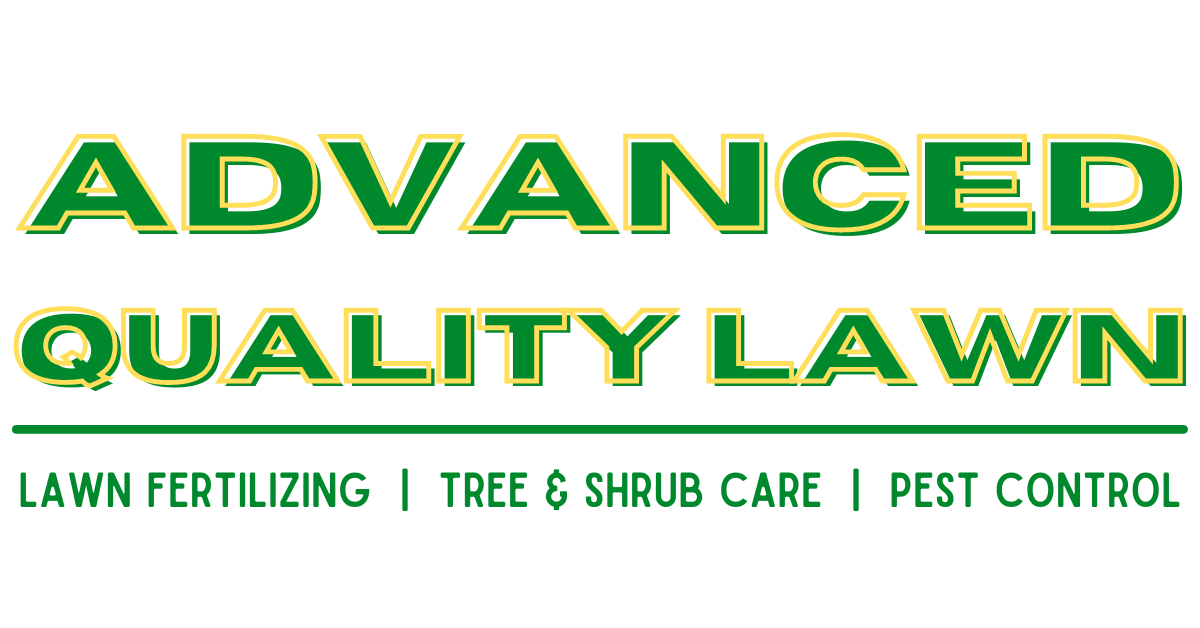Common Ohio Garden Pests and How to Get Rid of Them
Living in Ohio makes gardening complicated, you think spring is here and it's time to plant your seeds, and then within 48 hours you are in the middle of a freezing blizzard. Besides the unpredictable weather Ohio is full of pesky leaf munchers ready to ruin your prized plants. Every vegetable gardener faces pest issues from time to time, and learning how to manage the little leaf-munching menaces without using synthetic chemical pesticides is an essential step in growing a healthy, productive garden.
Top Ohio Garden Pests and How to get Rid of Them
Japanese Beetles
Adult insects are metallic blue-green and bronze, 1/2-inch beetles. Larvae are fat, white grubs with brown heads. Beetles skeletonize leaves and chew flowers.
How to get rid of them: Shake them from plants into a jar of soapy water early in the morning, when they’re less active. You can also spray with insecticidal soap or use floating row covers (extremely lightweight fabric placed directly on plants to keep insects from laying eggs).
Garden Slug
Slugs are slimy, soft-bodied mollusks, usually about an inch long and either brown or gray in color. They hide out in shady spots during the day and do most of their feeding at night. They’ll eat just about any garden plant, leaving unsightly holes in the foliage.
How to get rid of them: Fill empty tuna fish cans with beer and place in the garden (slugs are attracted to the beer and will fall in and drown). You can also handpick early or late in the day, then sprinkle salt on the slugs or freeze them.
Spider Mites
These tiny pests, which are related to spiders, feed on plant juices. In large numbers, they zap a plant’s vitality by causing leaves to turn yellow, brown or gray and drop off. Other telltale signs: fine silk webs on the undersides of leaves.
How to get rid of them: Introduce predatory insects that feed on spider mites, such as lady beetles, praying mantises and assassin bugs. Or try mixing 1/2 cup buttermilk and 4 cups of wheat flour with 5 gallons of water. Spray on the tops and bottoms of foliage. Repeat in 10 days to take out any that hatch in the interim
Aphids
These 1/6-inch pear-shaped creatures pierce plant tissues to suck out sap. Affected plants often form puckered leaves, show stunted growth and can die without treatment. Moreover, the honeydew (a sweet, sticky substance secreted by aphids) promotes the growth of sooty mold and attracts ants, which protect the aphids because they want the honeydew.
How to get rid of them:
Wash plants with a strong spray of water to dislodge aphids, or remove and destroy affected plant parts. Organic solutions include spraying with horticultural oil (petroleum- or vegetable-based oil used to smother insects), insecticidal soap or neem (insecticide made from a tropical tree by the same name). You can also buy lady beetles, which feed on aphids.
Cutworms and Caterpillars
Adult cutworms are brown or gray night-flying moths. Their larval caterpillars are up to 2″ long and curl into a tight C-shape when disturbed. The caterpillars are found in the top few inches of soil, and they can be green, yellow, brown, or gray, depending on the species.
How to get rid of them: Cutworms can be controlled by placing a plastic, aluminum or cardboard collar around newly transplanted seedlings. This ring should extend one to two inches into the soil and be three to four inches tall.
Whiteflies
These tiny sucking insects weaken and stunt plant growth and also leave behind a sticky honeydew that leads to fungal disease on leaves.
How to get rid of them: Blast them off plants with the hose, then coat plants with insecticidal soap, getting both the tops and undersides of leaves. Do this early in the day or later in the evening, when temperatures are cooler. In lieu of insecticidal soap, you can substitute lemon-scented liquid dish soap, 1 tablespoon per gallon of water.
Insects will always be present in a landscape; the key is to understand which insects are a threat, and which are merely pollinating or preying on other insects.
Complete reliance on pesticides, whether organic or not, can be harmful to beneficial insects and can actually make a problem worse by killing off the natural enemies. Advanced Quality Lawn will give your lawn a personal touch with attention and care. All of their services are innovative and have been proven effective, with 30 years of experience they can help get rid of your pests for good. Contact them today for a quote on their specialized pest control or any lawn needs.



